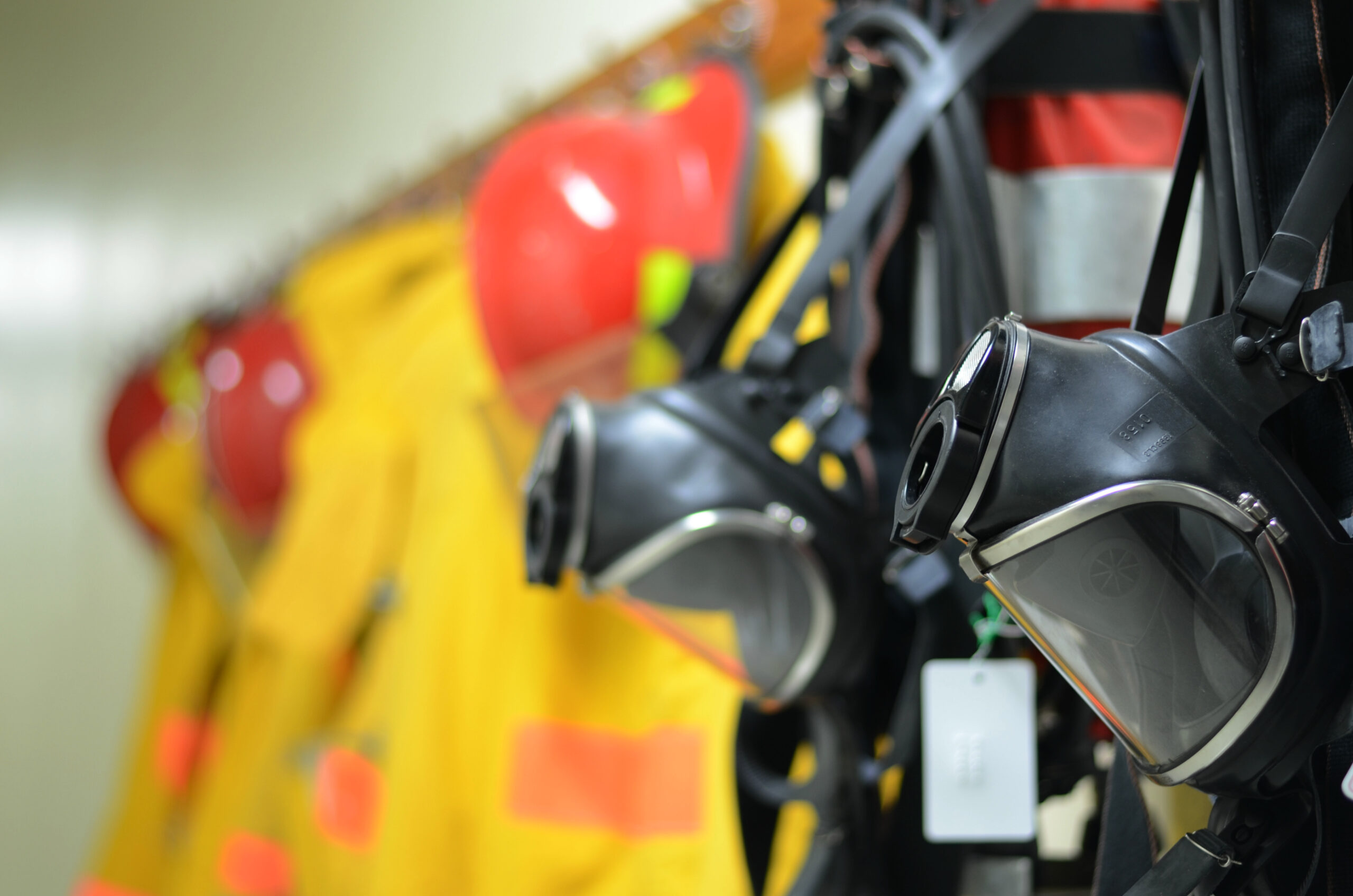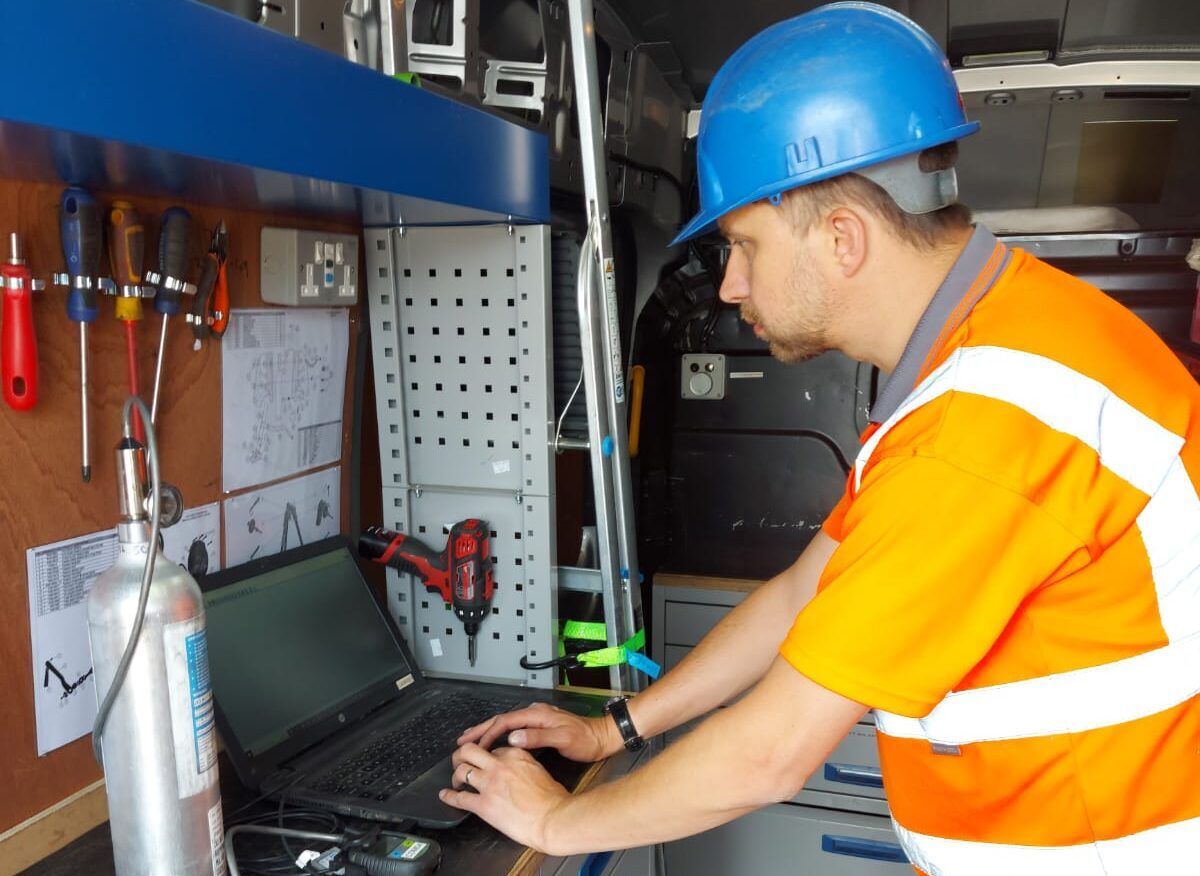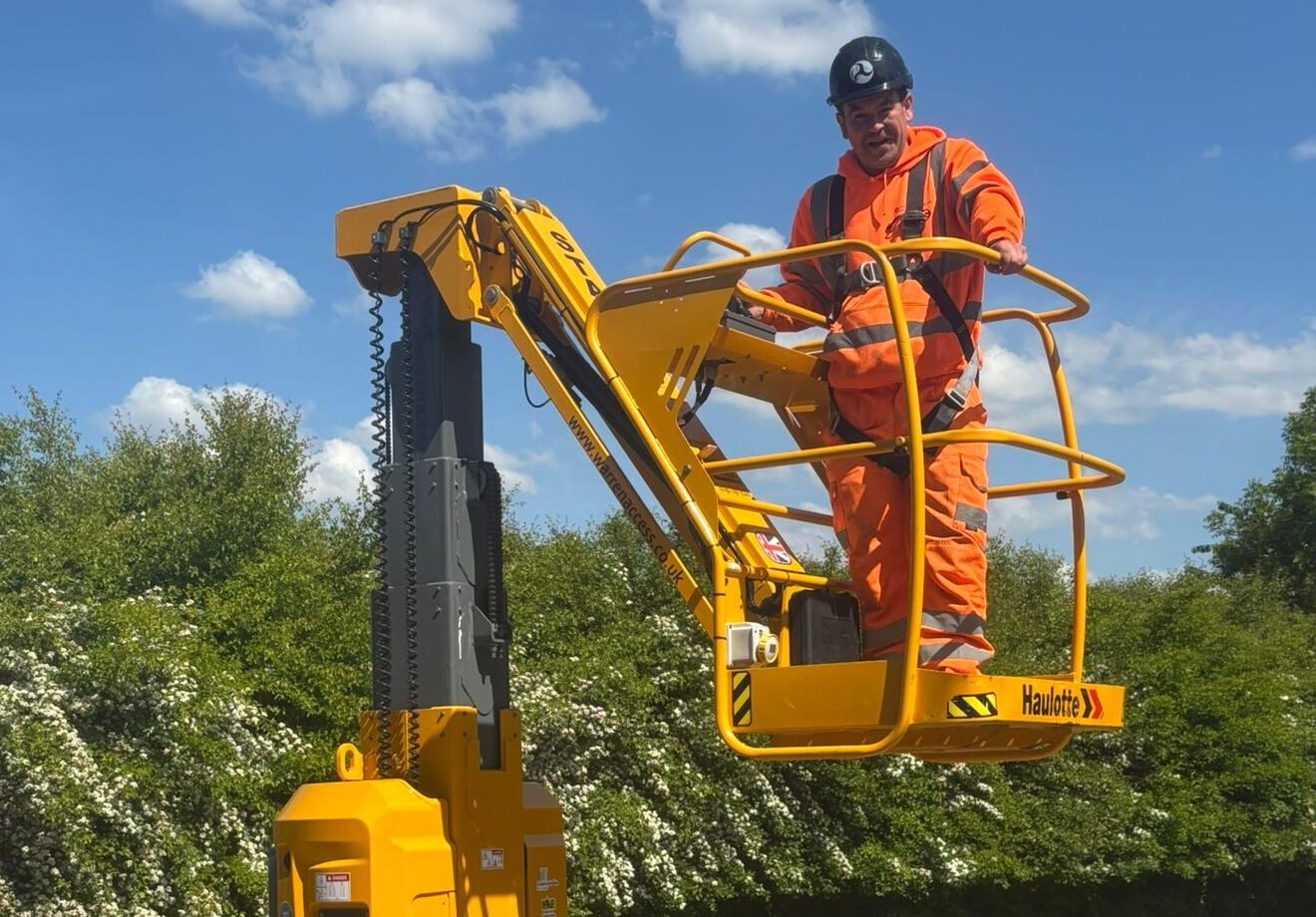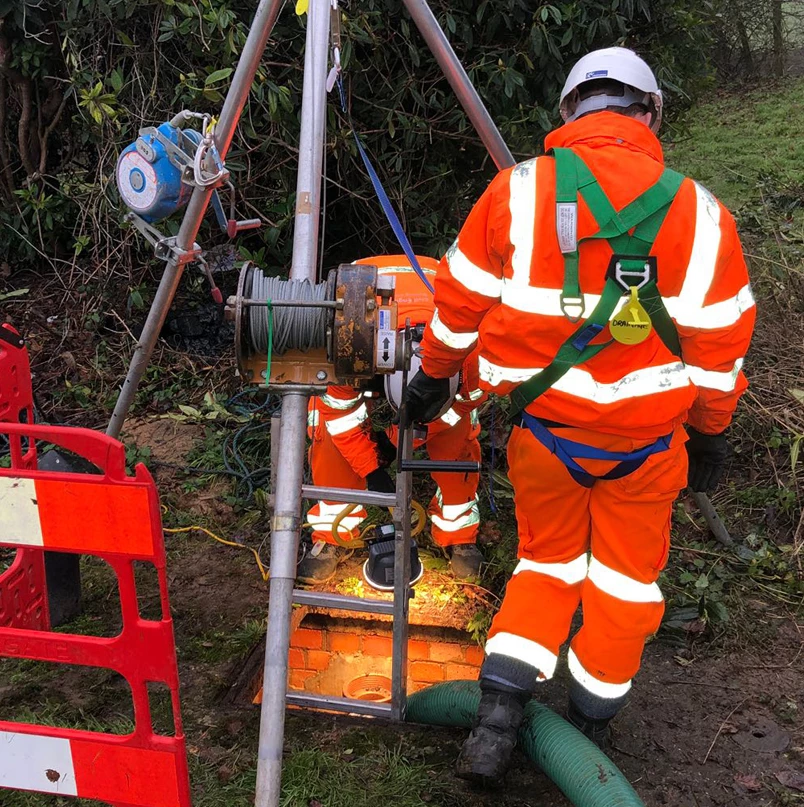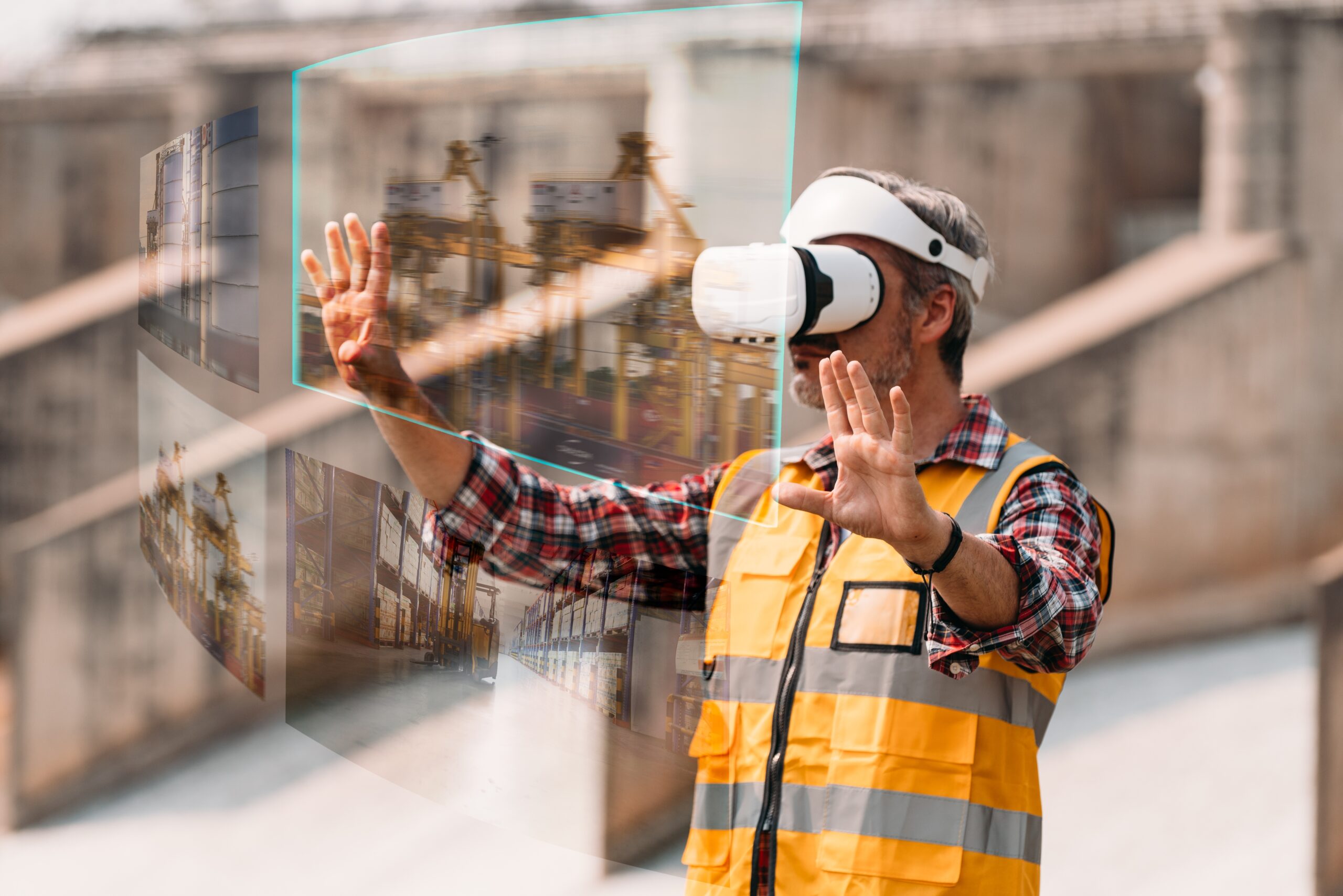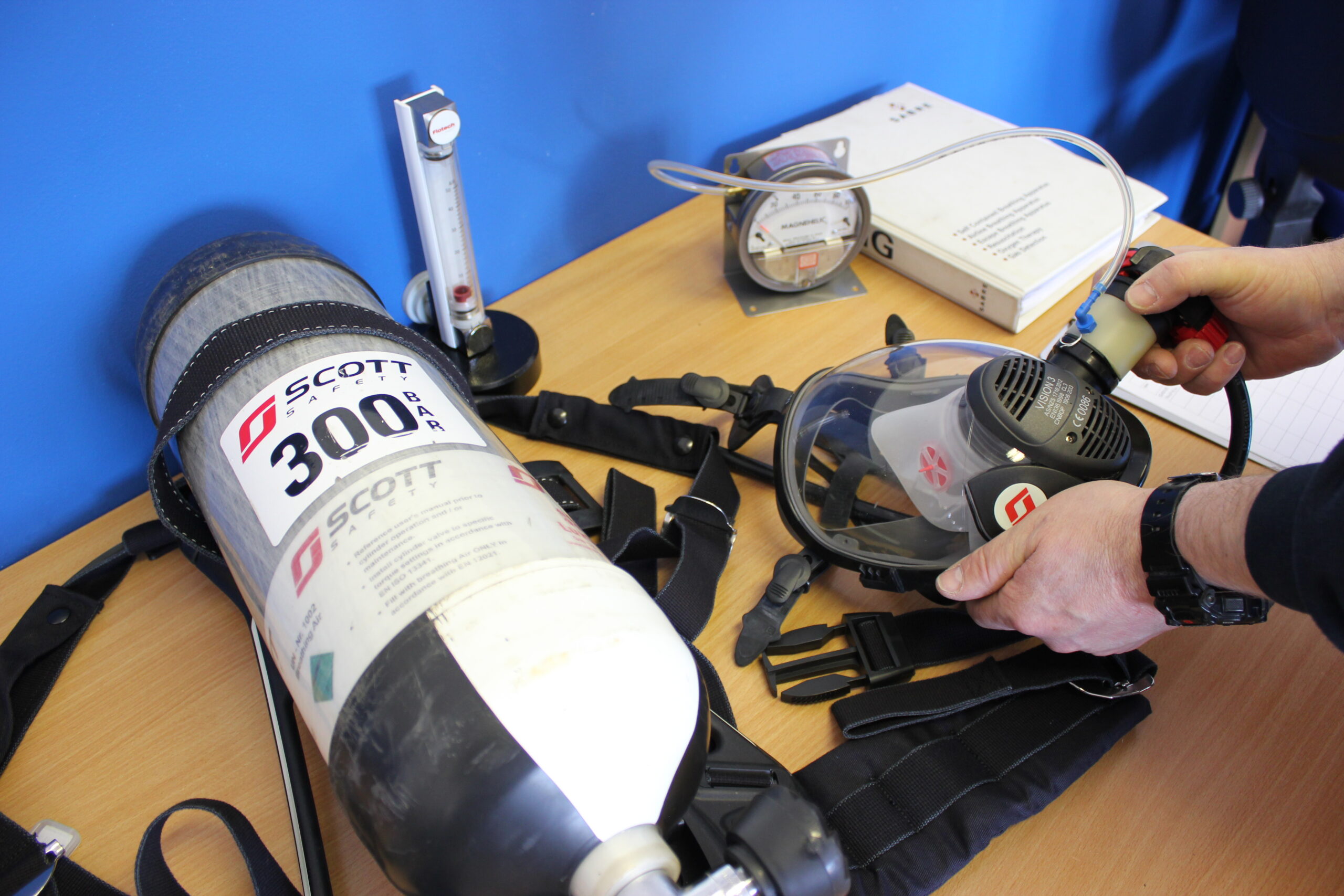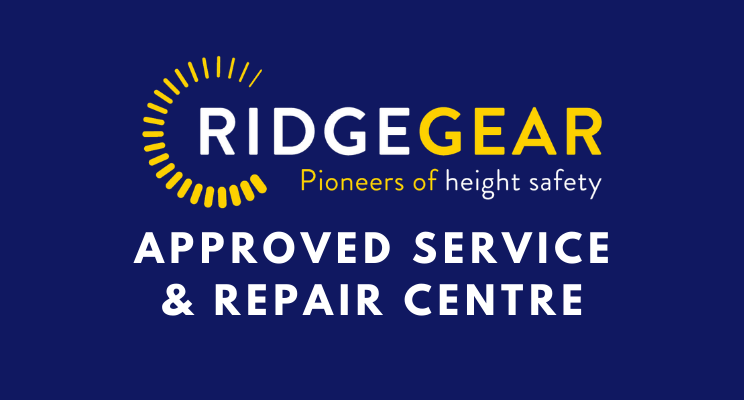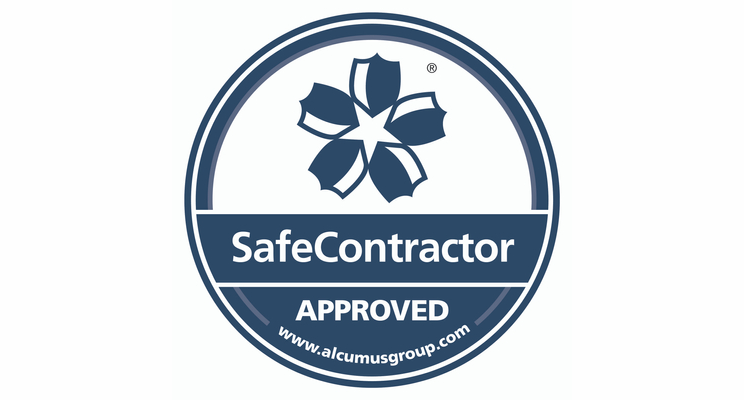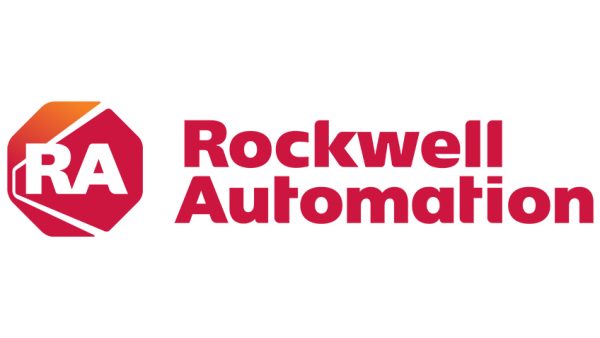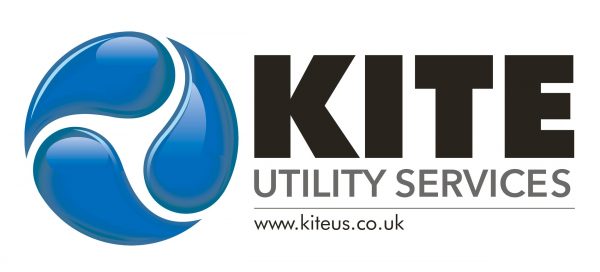The Importance Of Regular Servicing For Safety Equipment
Managing a comprehensive workplace safety system has some key elements, and servicing safety equipment is one of them. In terms of what is defined as ‘safety equipment’, there is quite a wide scope, but generally speaking you would use safety equipment for preparedness and response procedures, for operational safety and to use in the event of a safety incident.
Safety equipment could be described as fire extinguishers, a sprinkler system, machine guarding, alarm systems and lifting gear, and in the case of Civil Safety, we service specialist safety equipment such as diving and breathing gas cylinders, as well as gas detection monitors, and equipment required for access and egress of confined spaces. Servicing safety equipment should not be considered just another expense, it is critical that safety equipment is suitably serviced and maintained for three key reasons:
1. Ensuring equipment functionality
In order for safety equipment to be effective, it has to be ready to use at all times. This might be every day, 6 monthly, once a year, or once every five years. The important thing is you know you always have a piece of safety equipment in perfect working order. Servicing safety equipment to maintain its effectiveness will:
- Prevent deterioration – All items can be subject to wear and tear which can impact on how effective they are, this can be through over-use or because of poor storage. Servicing will identify any issues with the condition of your safety equipment.
- Detect issues – A problem can occur with safety equipment purely through normal operation. Servicing will identify these issues before they become serious.
- Prolong the lifespan – Servicing safety equipment can help to prolong the lifespan of a piece of equipment, therefore making it a cost-effective investment and providing better value for money for the business.
2. Providing a safe working environment
An employer has a duty to provide a safe working environment, and that includes the equipment employees are expected to use in the normal course of their duties. Servicing safety equipment achieves this by:
- Preventing incidents – Well maintained equipment has operational hazards dealt with and prevented so that they are safe to use and more reliable.
- Minimising damage, injury/harm and risk – Equipment like gas detectors, confined space kits, and breathing apparatus must be fully functional to protect workers in hazardous environments. If these critical pieces of safety equipment are not regularly serviced, they could fail during an emergency — potentially leading to serious injury or death. For example, a non-functional gas detector may not alert workers to the presence of toxic gases, resulting in exposure. Regular servicing ensures that such equipment operates as intended, reducing both health risks and business liability.
3. Compliance
Compliance comes under the banner of regulatory controls and hence is related to a business being faced with non-compliance and subsequently facing a loss of business, fines and possible legal issues. Servicing helps a business address its compliance obligations by:
- Health and safety law – Ensuring safety equipment is available and operational and people know how to use it properly, is a basic duty of an employer. Servicing recognises that and ensures a business is compliant with its legal obligations.
- Manufacturer recommendations – A piece of safety equipment may be recommended by the manufacturer to be serviced under a specific frequency. This may affect a guarantee or warranty if not complied with.
- Insurance – An insurance policy may stipulate that specific safety equipment is regularly serviced in order for the policy to be valid.
- Certification – Third party certification may stipulate that safety equipment must be serviced in order to comply with safety standards. This certification may also produce internal procedures and audits which also require safety equipment to be serviced on a specified frequency and in accordance with certain standards.
In-house and on-site safety equipment servicing from Civil Safety Training and Rescue
Safety equipment servicing is an essential process that needs to be managed to ensure your business always has effective and reliable safety equipment available, provides a safe working environment for its employees and complies with various internal and external regulatory requirements. At Civil Safety we can advise on the importance and benefits of safety equipment servicing and as an IDEST Approved inspection and testing centre for diving and breathing gas cylinders, along with other qualifications for all aspects of confined space safety, can help with the servicing of this equipment, so contact our team today.
